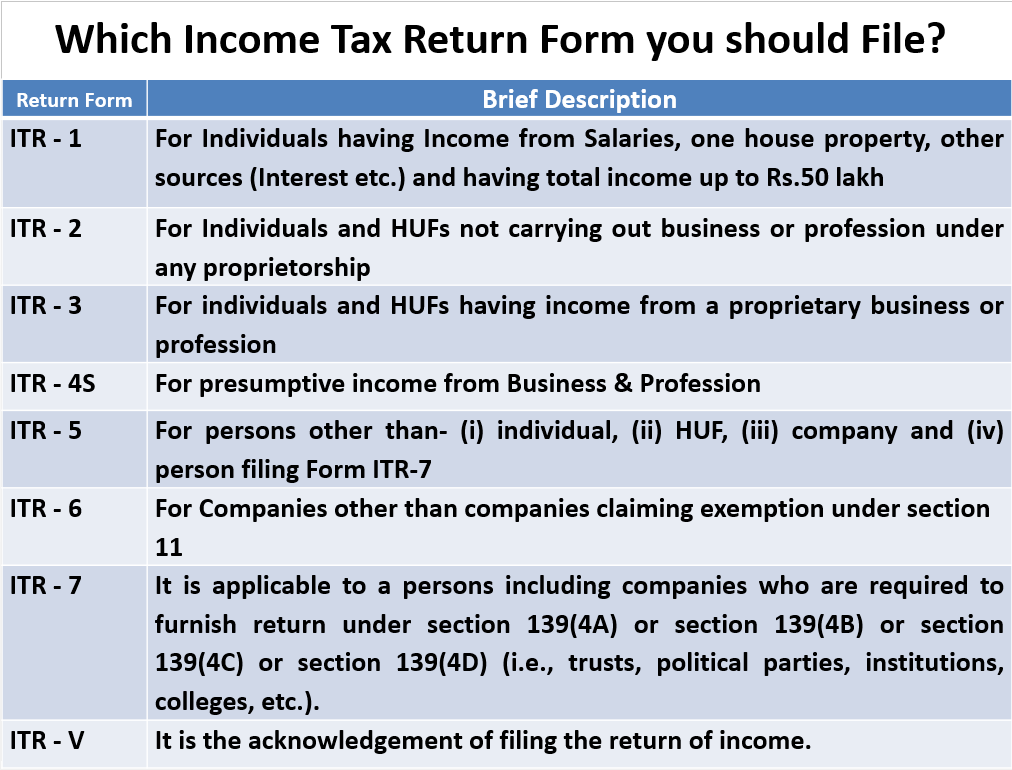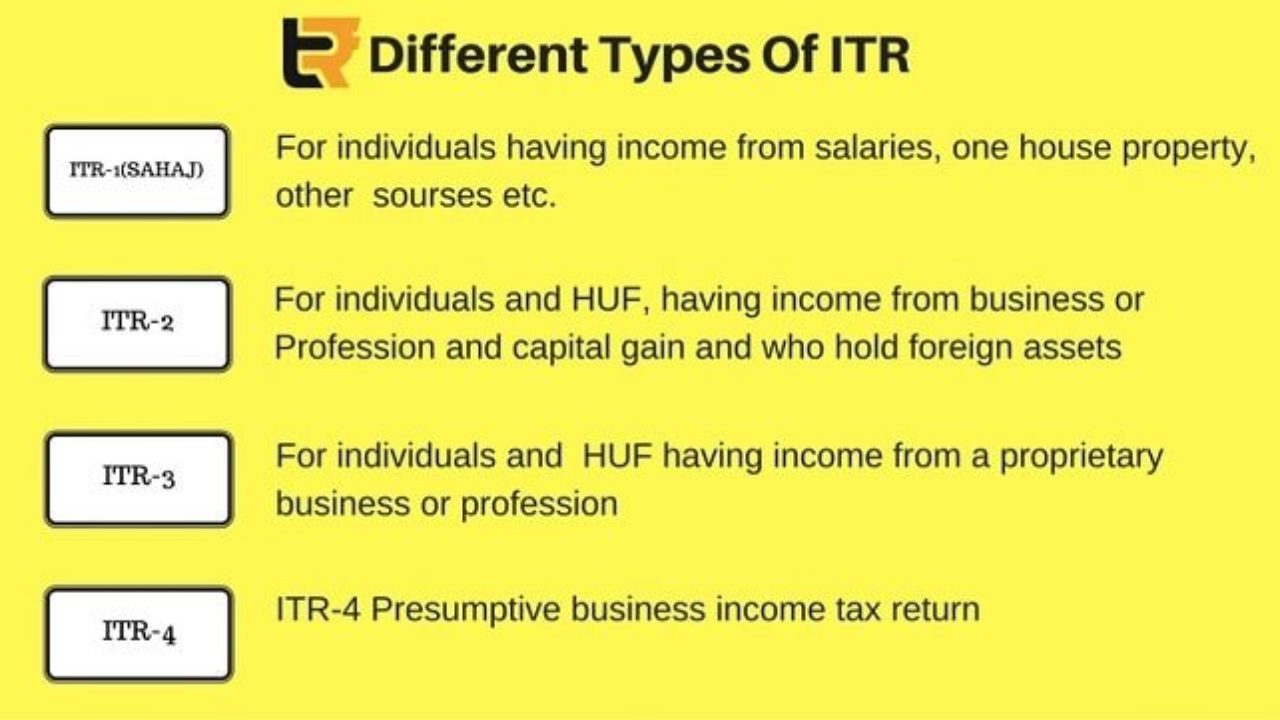Tax planning with reference to capital gain?
Capital Gain capital gain Introduction: Tax planning plays a crucial role in managing one’s financial affairs and maximizing after-tax income. which arise from the sale of assets such as stocks, real estate, or businesses, are subject to taxation. However, with effective tax planning strategies, individuals and businesses can optimize their capital gains tax liability… Read More »








